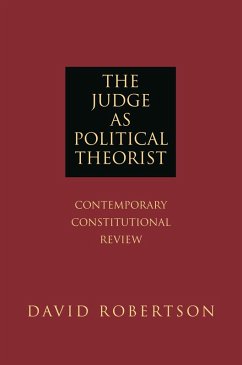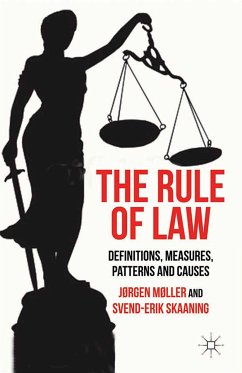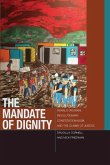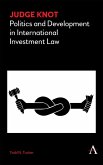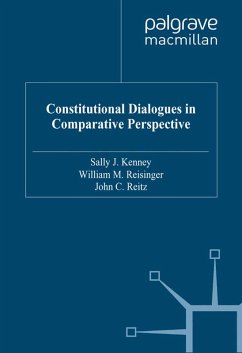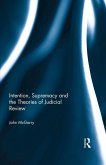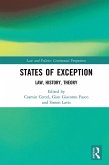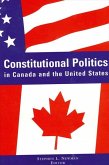The Judge as Political Theorist examines opinions by constitutional courts in liberal democracies to better understand the logic and nature of constitutional review. David Robertson argues that the constitutional judge's role is nothing like that of the legislator or chief executive, or even the ordinary judge. Rather, constitutional judges spell out to society the implications--on the ground--of the moral and practical commitments embodied in the nation's constitution. Constitutional review, in other words, is a form of applied political theory.
Robertson takes an in-depth look at constitutional decision making in Germany, France, the Czech Republic, Poland, Hungary, Canada, and South Africa, with comparisons throughout to the United States, where constitutional review originated. He also tackles perhaps the most vexing problem in constitutional law today--how and when to limit the rights of citizens in order to govern. As traditional institutions of moral authority have lost power, constitutional judges have stepped into the breach, radically altering traditional understandings of what courts can and should do. Robertson demonstrates how constitutions are more than mere founding documents laying down the law of the land, but increasingly have become statements of the values and principles a society seeks to embody. Constitutional judges, in turn, see it as their mission to transform those values into political practice and push for state and society to live up to their ideals.
Robertson takes an in-depth look at constitutional decision making in Germany, France, the Czech Republic, Poland, Hungary, Canada, and South Africa, with comparisons throughout to the United States, where constitutional review originated. He also tackles perhaps the most vexing problem in constitutional law today--how and when to limit the rights of citizens in order to govern. As traditional institutions of moral authority have lost power, constitutional judges have stepped into the breach, radically altering traditional understandings of what courts can and should do. Robertson demonstrates how constitutions are more than mere founding documents laying down the law of the land, but increasingly have become statements of the values and principles a society seeks to embody. Constitutional judges, in turn, see it as their mission to transform those values into political practice and push for state and society to live up to their ideals.

